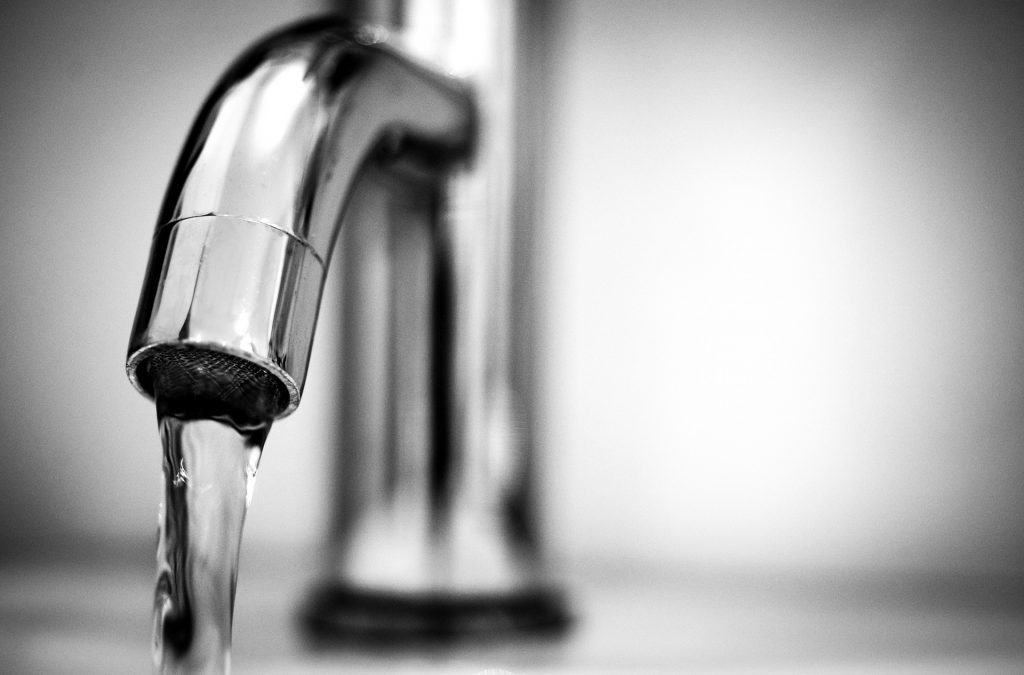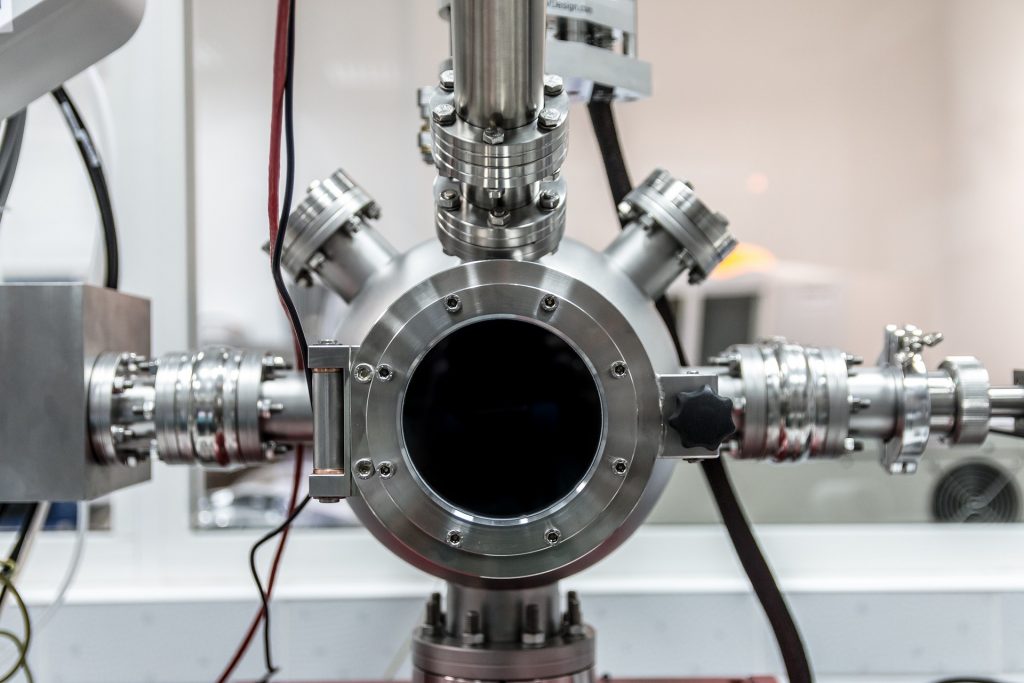The tankless water heater vs. tank debate rages fiercely among homeowners and industry professionals alike.
While tank and tankless water heaters serve the same purpose, they have different modes of operation. Tankless water heaters work on demand, heating your water when you open the faucet. Storage tank water heaters, on the other hand, work continuously.
In this guide, we’ll explore the difference between tankless vs. tank water heaters, including a more in-depth look at how each one works. You’ll also get to learn their pros and cons and the costs involved when installing either.
Tankless Water Heaters
As mentioned earlier, tankless water heaters only heat water when you turn on the tap or when you switch on a machine that uses hot water, such as washing machines and dishwashers. That’s why some people also refer to them as on-demand water heaters.
As years pass by, many homeowners are shifting to tankless heaters. As Technavio reports, the global market size for tankless water heaters will grow by US$2.44 billion from 2018 to 2022, at an estimated annual growth rate of 6.3 percent.
However, switching to tankless water heaters in Phoenix is an expensive quest that needs proper financial planning. You have to upgrade your home’s plumbing and increase the capacity of energy powering the heater.
How Tankless Water Heaters Work
As the name suggests, a tankless water heater doesn’t require any tank to store hot water, helping you save on space. It only heats water when you turn on the faucet of a tap. But how does that happen? As water passes through the heat exchanger unit, it gets heated.
The machine’s flow rate sensor gets triggered only when water passes through it. A tankless water heater runs using either electricity or gas. By heating water on demand, this heater can help you save on energy. Check out this article for a direct comparison of gas and electric heaters.
However, turning on the washing machine, dishwasher, taps, and shower simultaneously may reduce the efficiency of the tankless water heater. The flow rate of the device is measured in gallons of water that it can heat in a minute.
Generally, gas-powered water heaters heat water faster than their electric countertops. So, if you’ll need to use hot water from multiple fixtures simultaneously, you should use a gas-powered unit.
Tankless Water Heater vs. Tank Water Heaters: Pros of Tankless
Let’s look at a few reasons people choose tankless heaters in Phoenix.
- Energy-Saving: Tankless water heaters only heat water when you turn on taps or when you switch on appliances that use hot water, helping you save on the costs of energy. With these smart devices, you can save up to 70 percent on energy.
- Saves on Space: Tankless water heaters are smaller in size compared to tank storage heaters. You can mount it on the wall to save floor space.
- Longer Lifespan: On-demand water heaters have a longer lifespan than the tank storage water heaters. They can last for 20-30 years. That’s more than double the lifespan of tank storage water heaters, which can last for 10-15 years.
- Instant Heating: With a tankless water heater, water gets heated immediately after turning on the faucet. You don’t have to wait for 15-25 seconds for water to get heated like in tank storage water heaters.
- Eligibility for Rebates: If you install a tankless water heater in your home, you may qualify for government rebates. You can also check if your local utility company offers rebates. This rebate finder is a useful tool.
Cons of Tankless Water Heaters
Like any other machine, tankless water heaters also have a few drawbacks, despite their improved efficiency. Here are the disadvantages of tankless water heaters.
- Higher Upfront Costs: There’s no doubt that tankless water heaters are more expensive than tank storage ones. The initial cost of buying the device is high. You may also incur retrofit costs during installation.
- Limited Spare Parts: Tankless water heaters use specialized parts that might be quite difficult to find when the device breaks down. The technology is still gaining popularity in the US market.
- Limited Usage: A tankless water heater may struggle to keep up with demand if you are using multiple fixtures at once.
Tank Storage Water Heaters
Photo: Brain Cantoni, Flickr
Most homes still use traditional tank storage water heaters. These water heaters are highly insulated to prevent the stored hot water from losing heat.
Tank storage water heaters can store as much as 60 gallons of hot water. However, most of them usually have a capacity of 50 gallons. When it comes to size, they can be about 5 feet tall and 2 feet wide, or even bigger, depending on the size of installation space.
In most cases, homeowners install the tanks in the basement. If your house lacks a basement, you can install the tank heater in an enclosed room or area, such as one of your closets.
How Tank Storage Water Heaters Work
Tank storage water heaters heat water continuously and keep it hot as long as you need it. They usually come preset to 140 degrees but you can adjust this. Tank water heaters use various sources of energy, including electricity, natural gas, and propane.
During heating, water gets into the tank through the inlet and passes through a series of heated pipes (heat exchanger unit). After getting heated to the required temperature, it moves to the holding tank for storage until the time you’ll need it.
The storage tanks have heavy-duty insulation to prevent the hot water from losing heat. Despite insulation, the temperature of the hot water may drop slightly, triggering another heating cycle. That will continuously happen until you drain the stored hot water.
The tank has an outlet pipe at the top to deliver water to the desired destinations, including the bathroom, kitchen, and sinks. As you use the hot water, cold water enters the tank to get heated. The tank has a built-in thermostat that triggers heating.
Tankless Hot Water Heater vs. Tank Water Heater: Pros of Tank Storage
Here are some of the advantages of tank storage water heaters.
- Lower Purchase Price: If you compare the price of a tankless water heater vs. tank, you’ll realize that the former is much cheaper. You can get a tank water heater for as little as $250.
- Low Cost of Repair and Installation: Tank storage heaters are very common, resulting in low costs of installation, maintenance, and repairs. Finding a plumbing expert to install and repair tank water heaters in Phoenix is also easy. There are also many types of maintenance, such as cleaning, that you can do yourself.
- Highly Reliable: Whenever a power outage occurs, you can still obtain hot water stored in a tank water heater. By storing hot water heated in cycles, it will supply the hot water for some time when the power goes out.
Cons of Tank Storage Water Heaters
Despite having lower purchase and installation costs, the tank water heaters also have a few drawbacks, such as:
- High Utility Costs: Tank water heaters heat water continuously to maintain the desired temperature, regardless of when you need to use it. That will increase your utility bills, whether gas or electricity.
- Shorter Lifespan: The lifespan of a tankless water heater vs. a tank water heater varies significantly. Generally, a tankless water heater has a longer lifespan than a tank water heater, which can last between 10-15 years.
- Requires Large Space: Tank storage water heaters are big as they can hold up to 60 gallons of water. So, they need big spaces for installation. If your house lacks a basement, finding the right place to install the heater can be tricky.
- Risk of Flooding: If the tank water heater malfunctions, it may leak and spill gallons of water on your floor, destroying some of your things and even causing bodily harm. Thankfully, some tank heaters have sensors that can detect water leakage and alert you.
Conclusion
Now that you know the difference between a tankless water heater versus tank water heaters, including their pros and cons, you can make an informed decision.
If you live in the Phoenix, Arizona area and still aren’t sure, feel free to give us at American Home Water and Air a call. We’ve been doing tankless water heater installation in Phoenix for more than 30 years and would be happy to lend you a hand. Also, check out our other articles on topics such as “Hot water heater temperature setting“.
Frequently Asked Questions
What is the downside of a tankless water heater?
The primary downside of a tankless water heater is that it treats water on demand. If your demand is more than it can handle, you’ll go without hot water. In other words, smaller units won’t allow for things like washing dishes and taking showers at the same time. Tankless water heaters are also costlier upfront.
Why does my tankless water heater go cold?
There’s a good chance your tankless water heater is going cold because your demand for hot water outpaces what it can provide. If that’s not the case, you may have faulty heating elements that need to be replaced.
How long does a tankless water heater last?
Tankless water heaters can last upwards of 20 years. If you take care of it properly and replace parts as needed, you may find that your unit lasts several decades.










